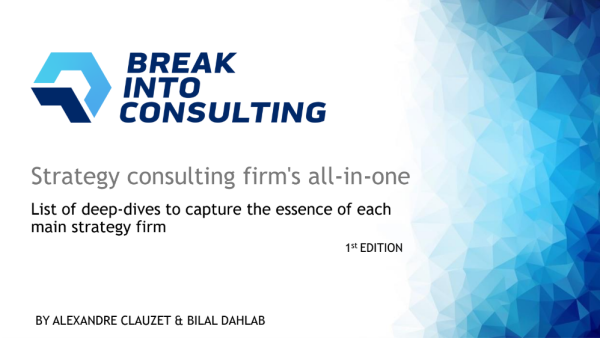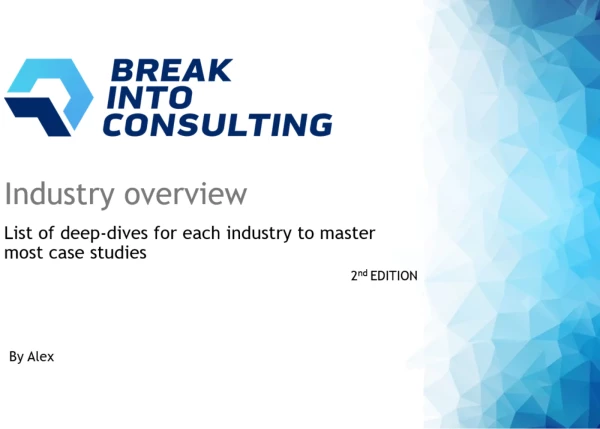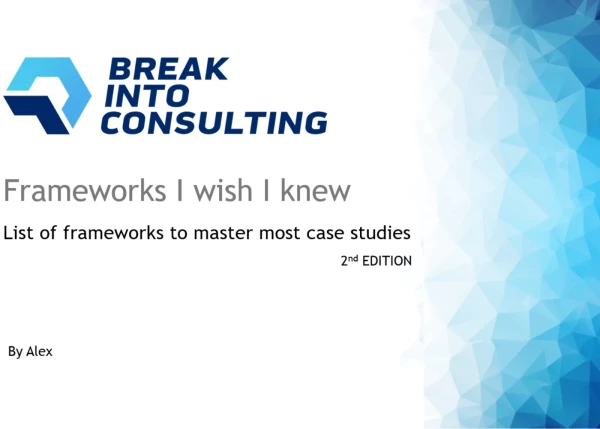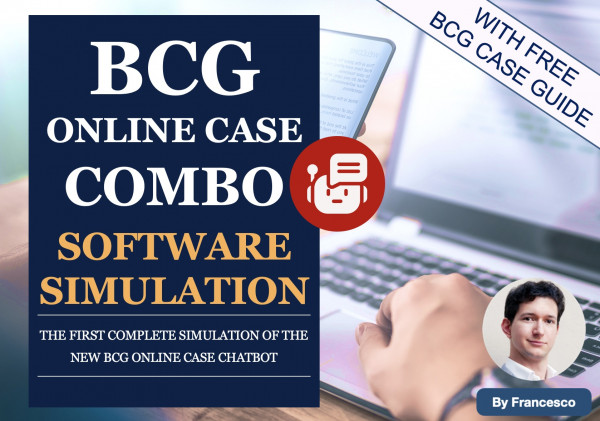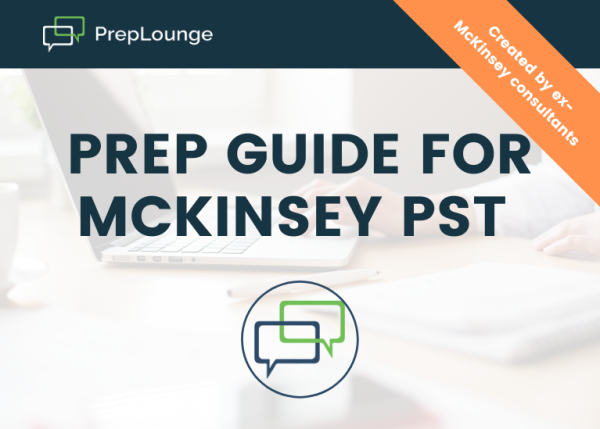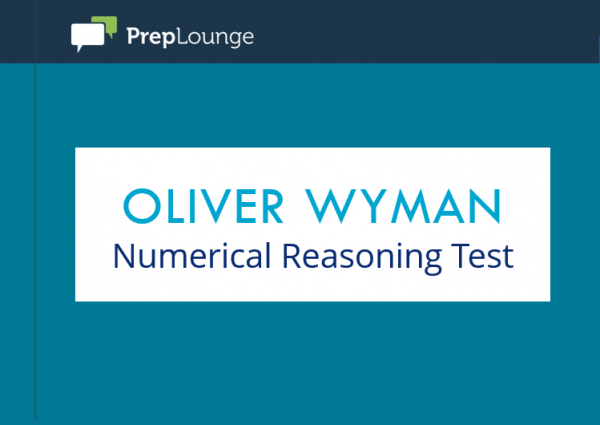Been thinking of the following case question and I would appreciate feedback on my structure.
"What price should cinema in country X charge for movie tickets?"
My structure is as follows:
1- Costs (what are possible costs? I thought of labor, electric,...)
2- Customer's wilingness to pay
3- Benchmark with ticket prices in other countries
This is the structure I have in mind and I would appreciate it feedback on it. Is there other things I should consider? Also, what might be other possible costs associated with the cinema? Should we concider movie cost?





